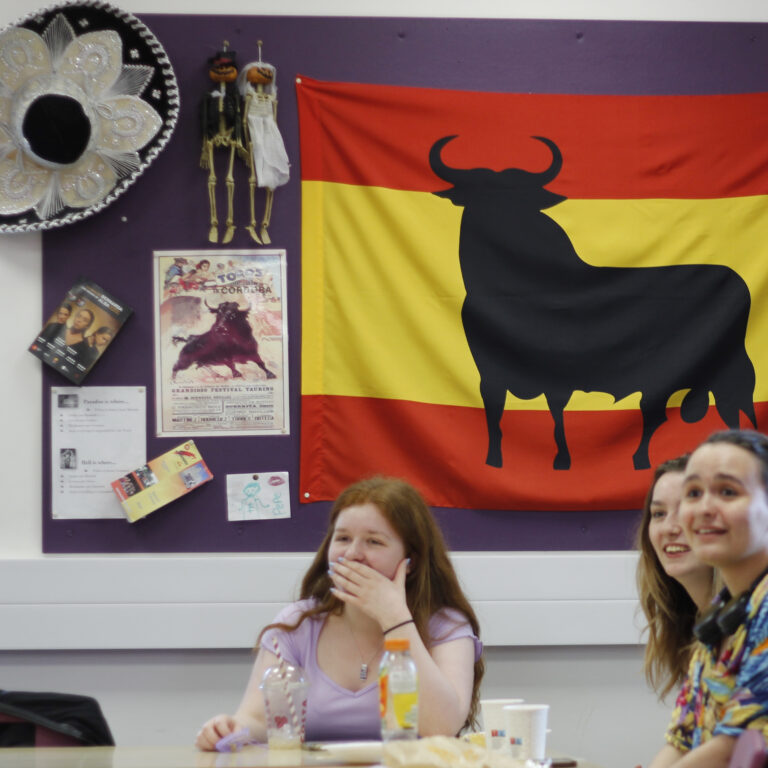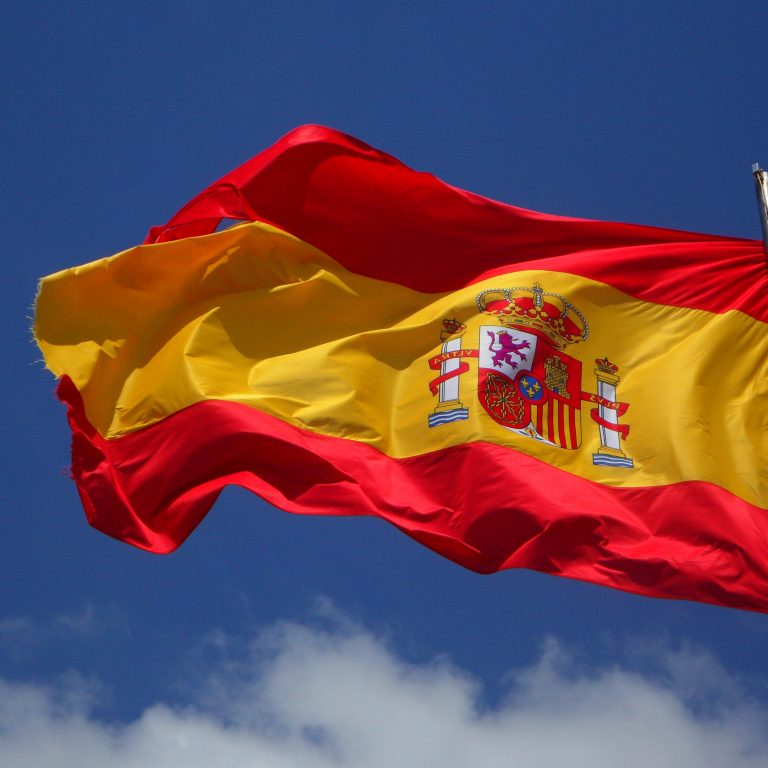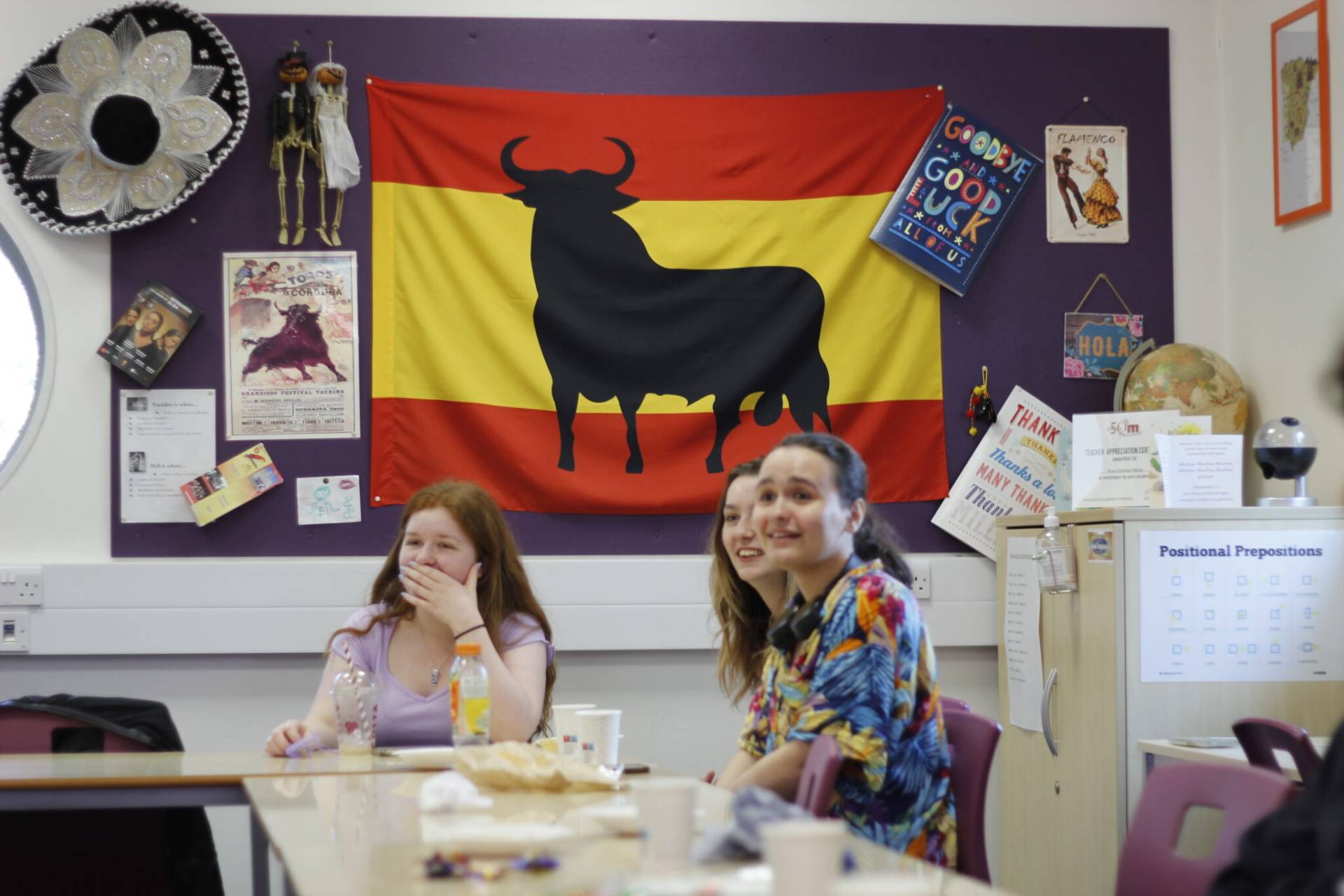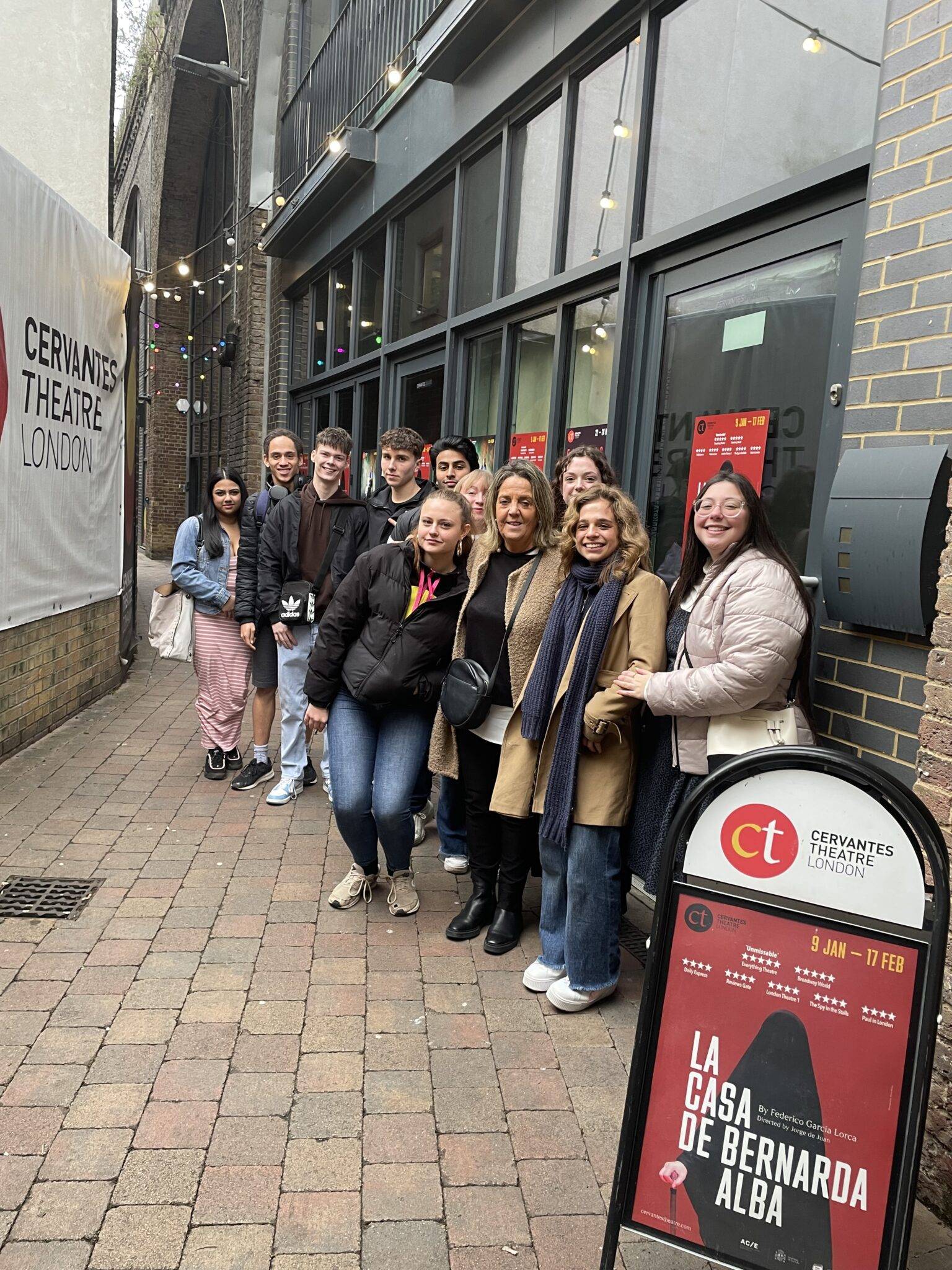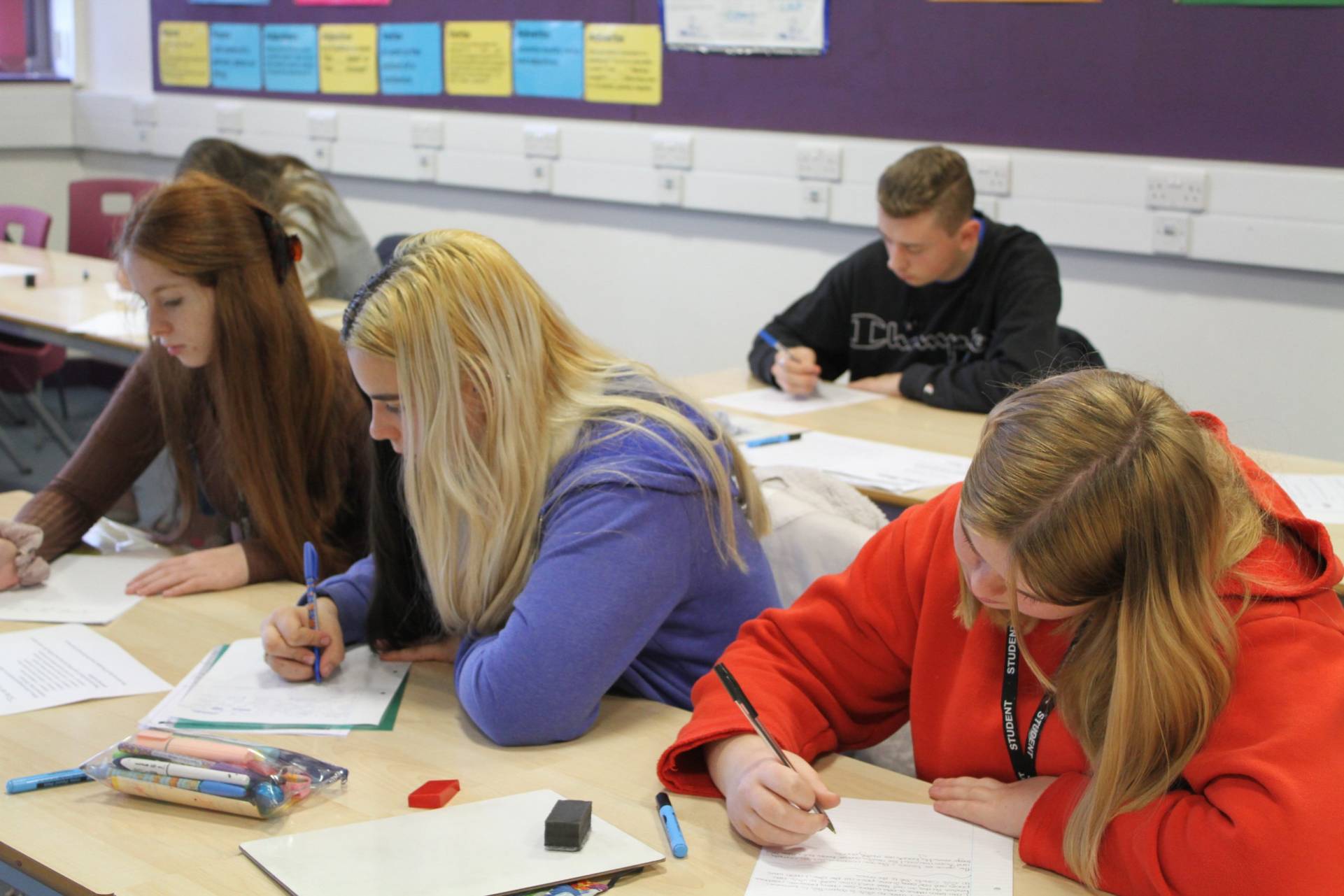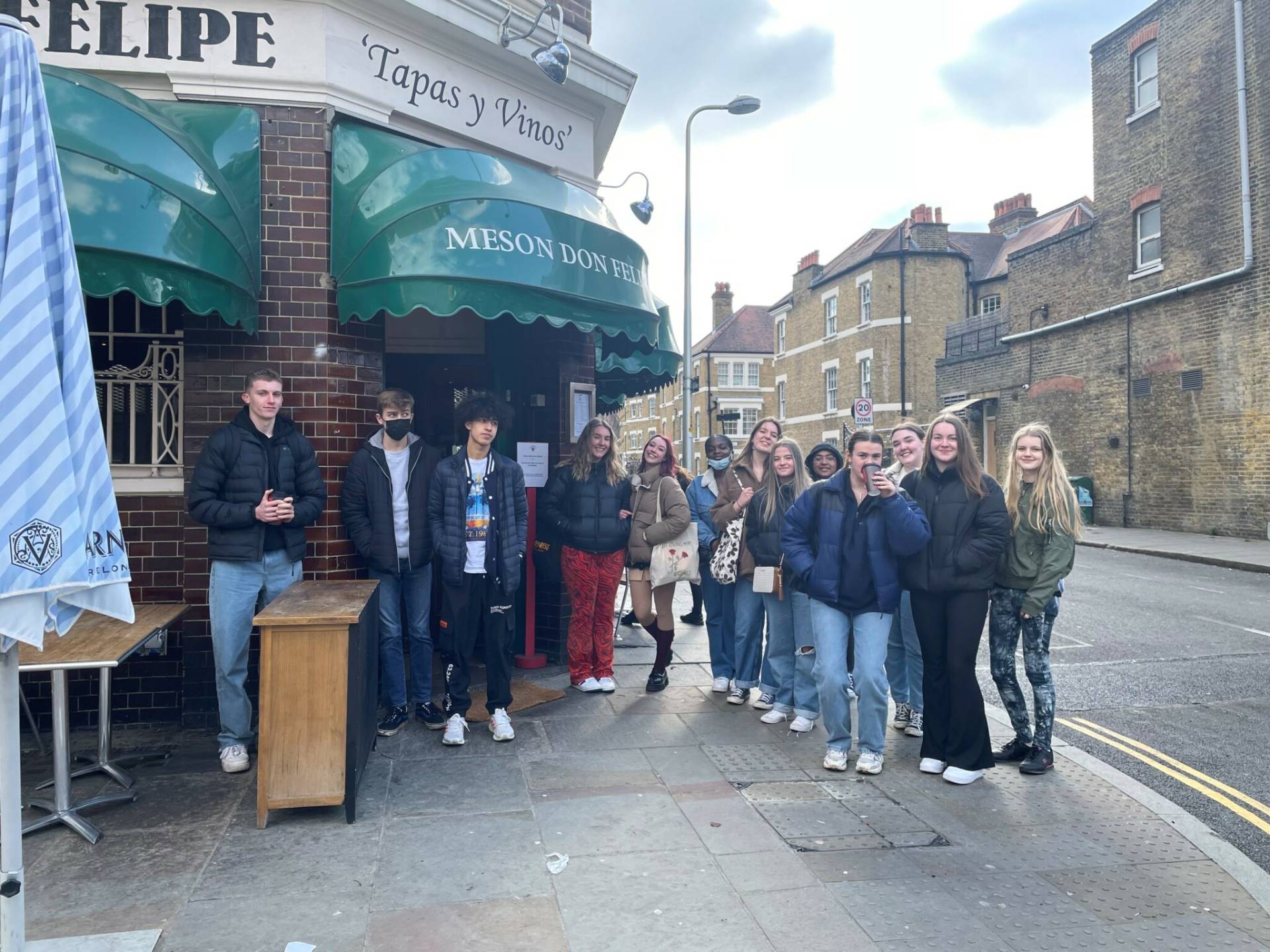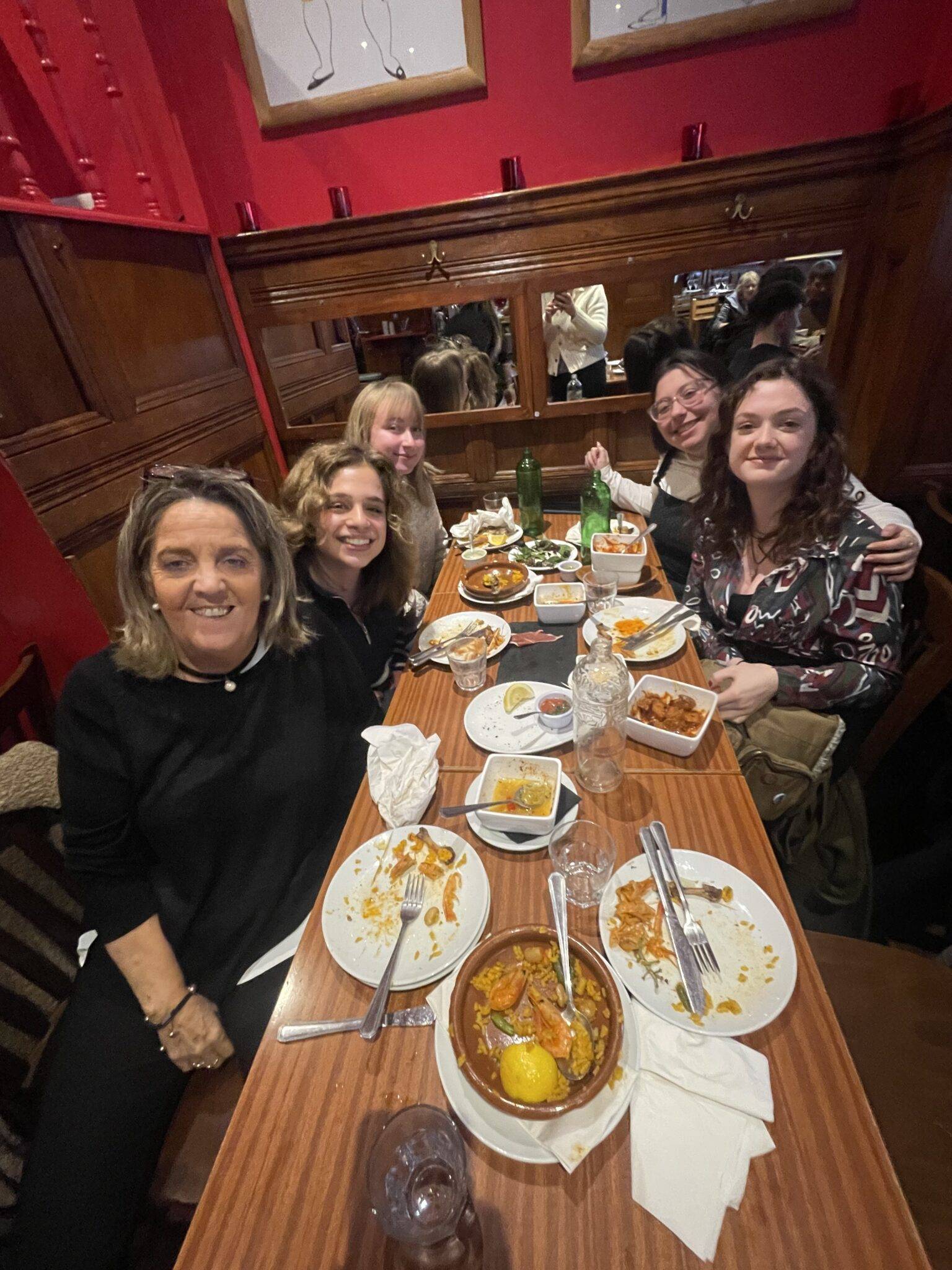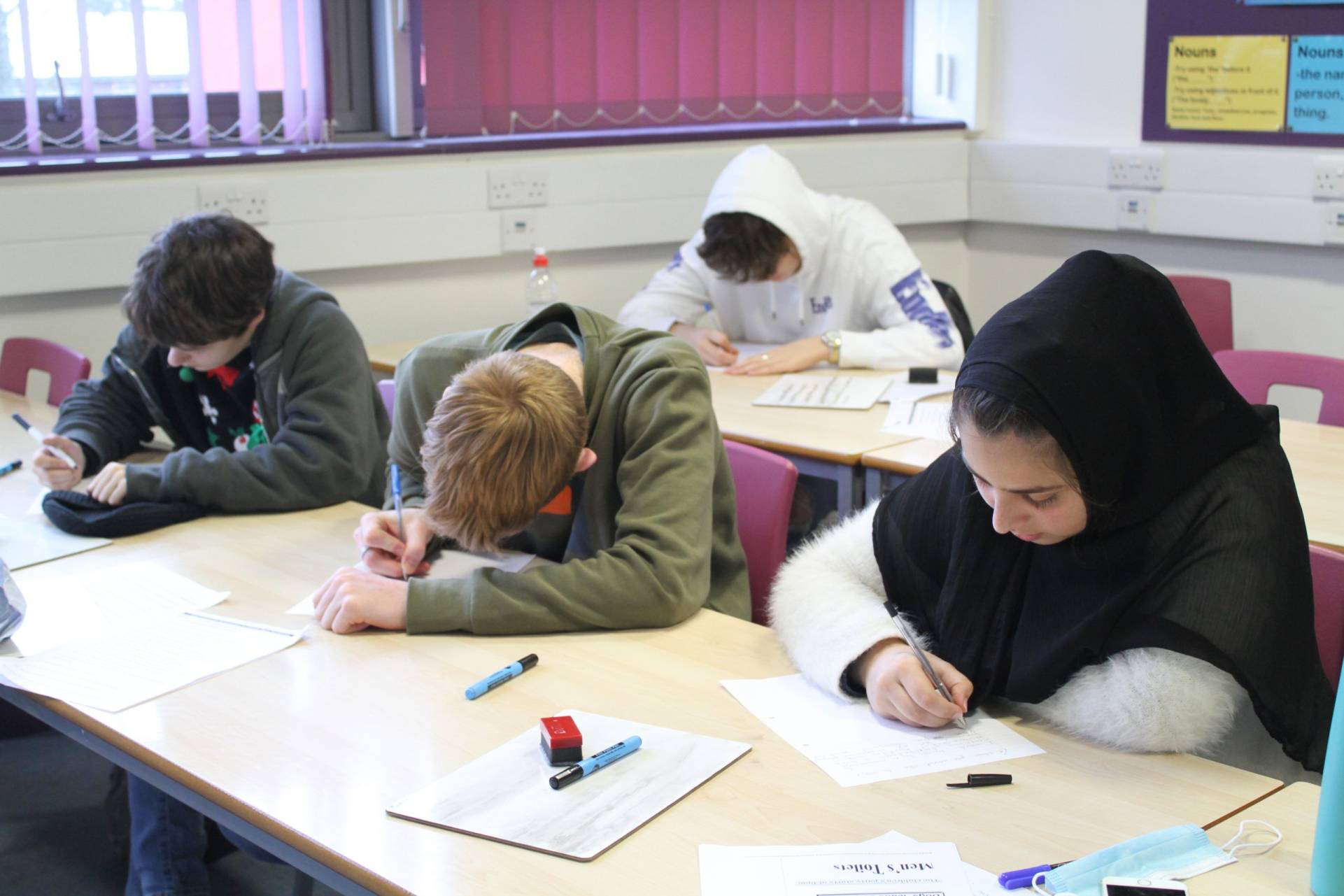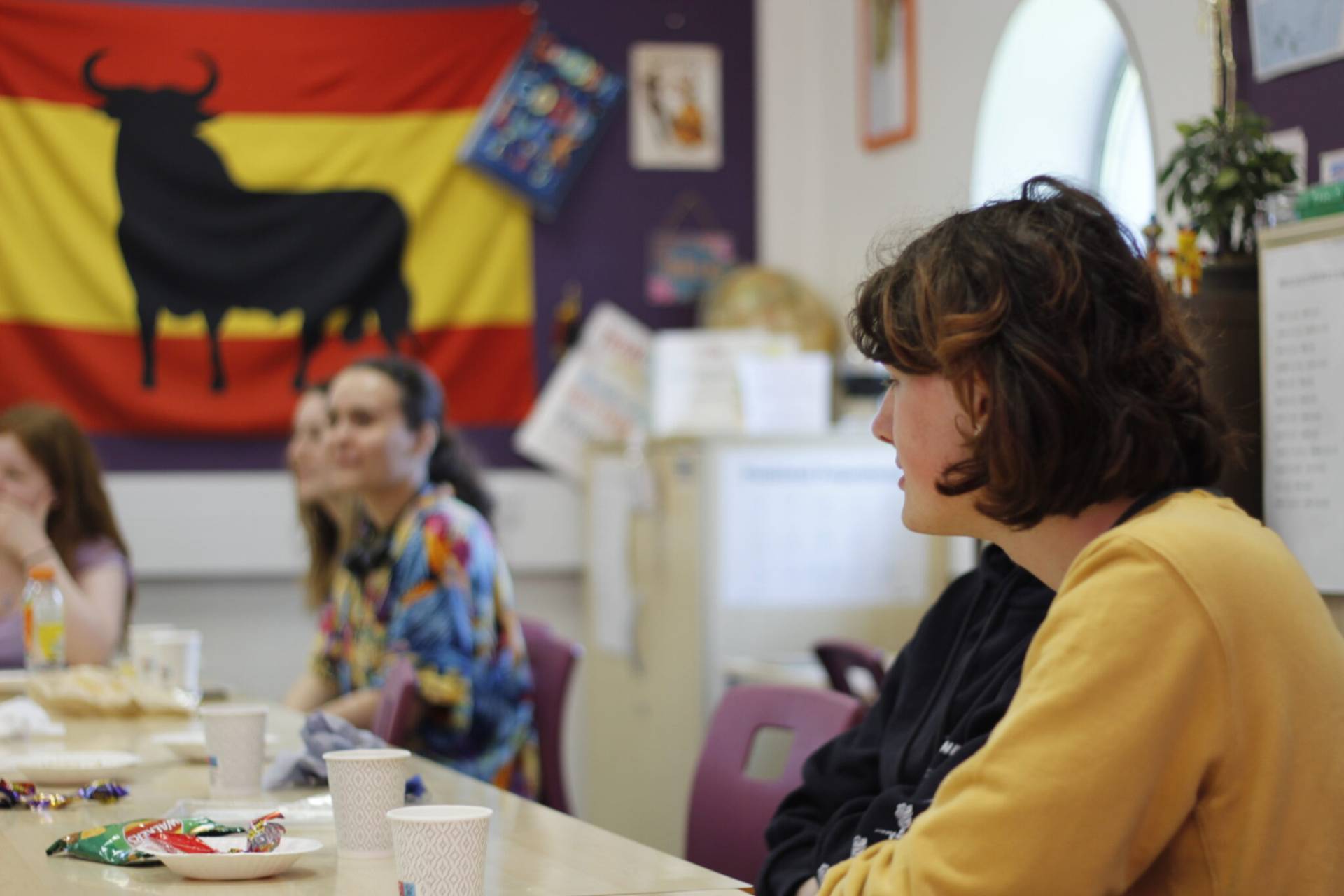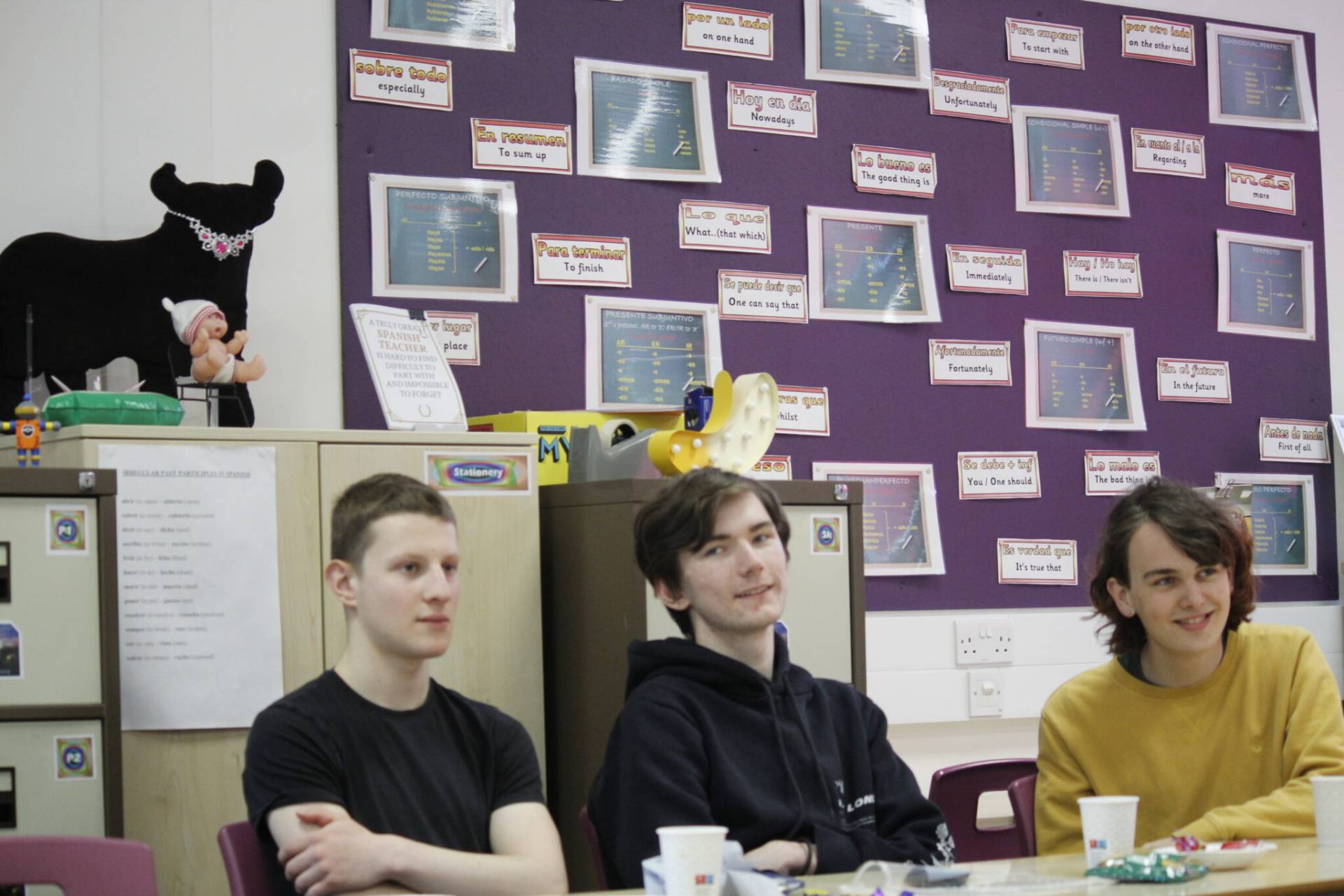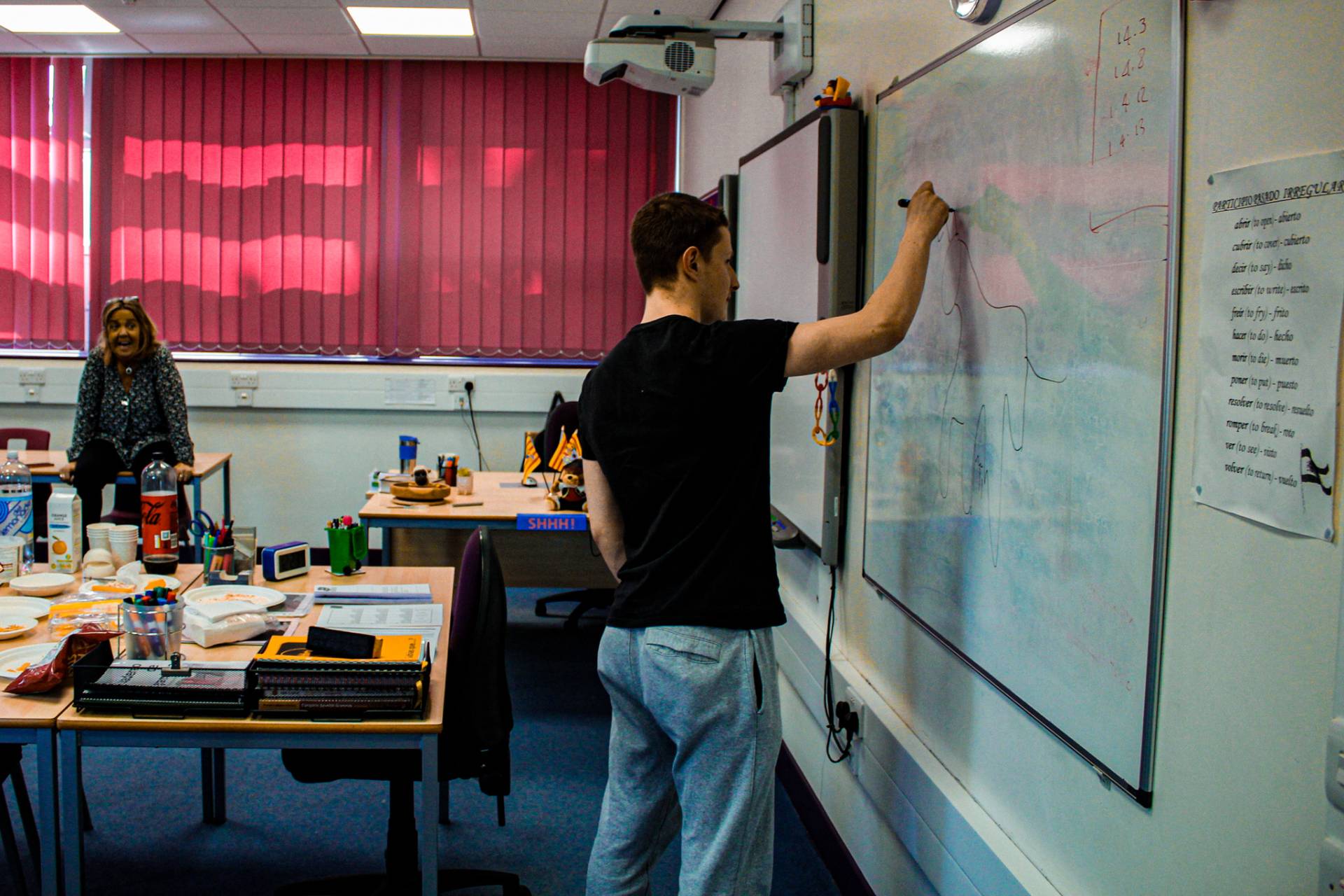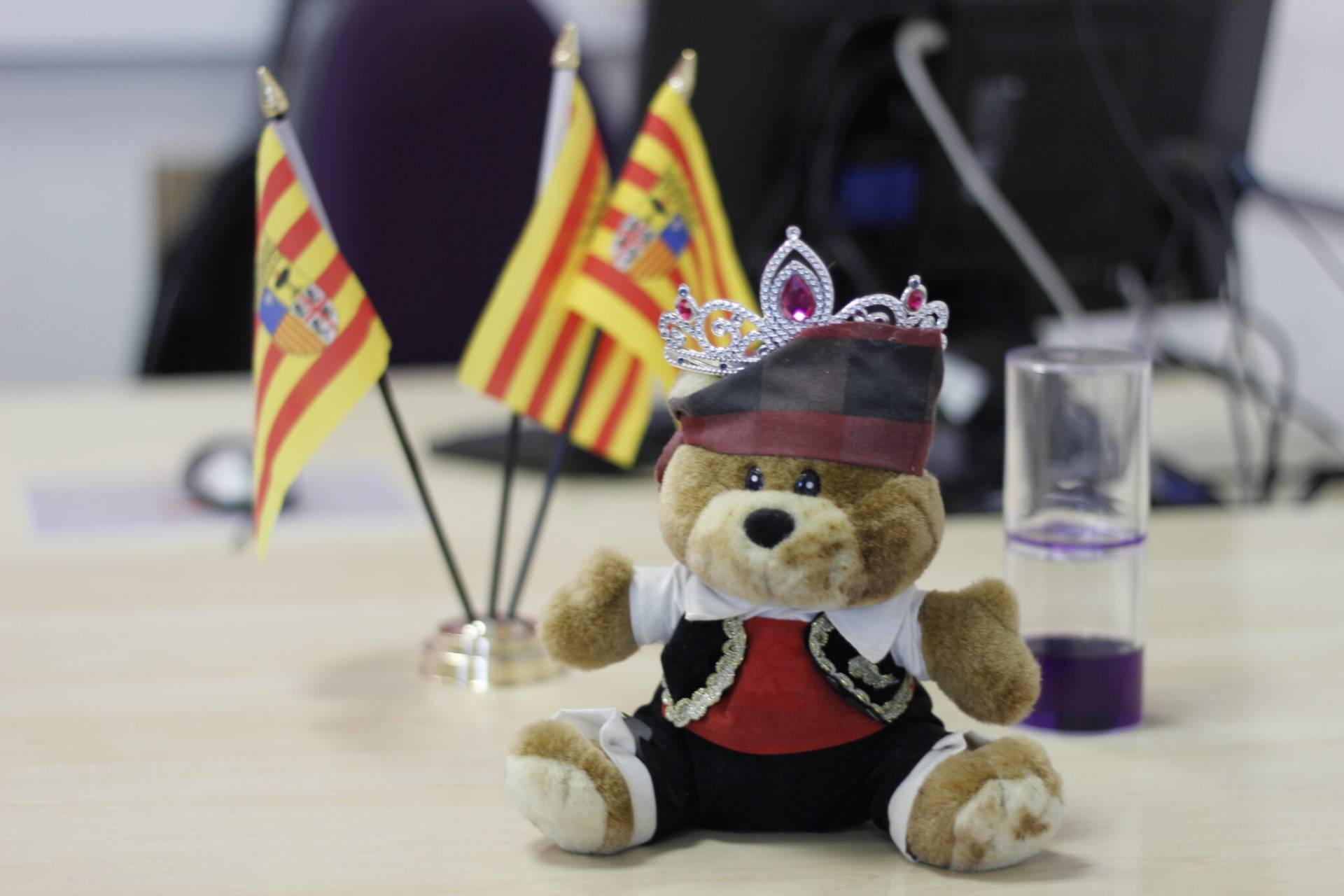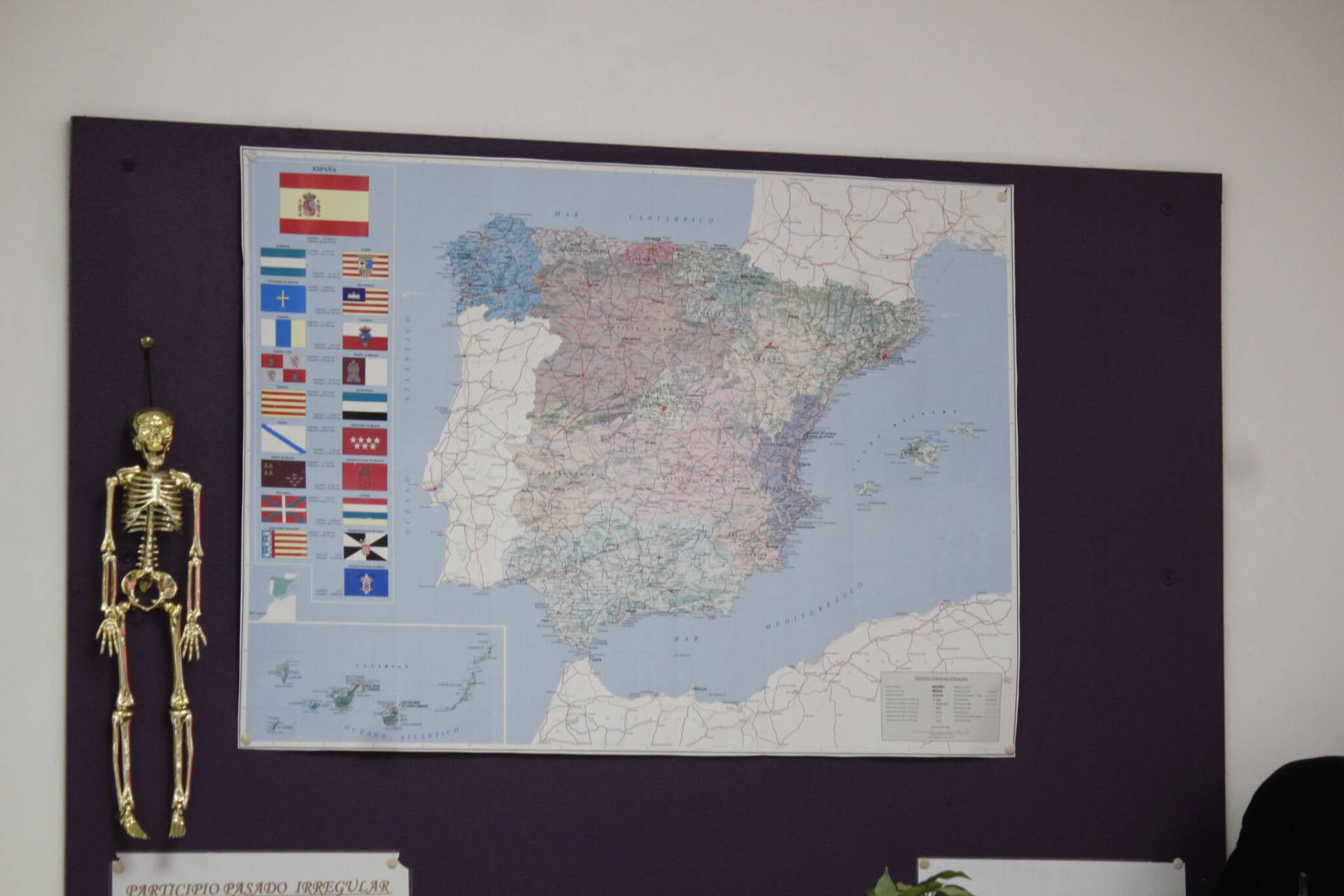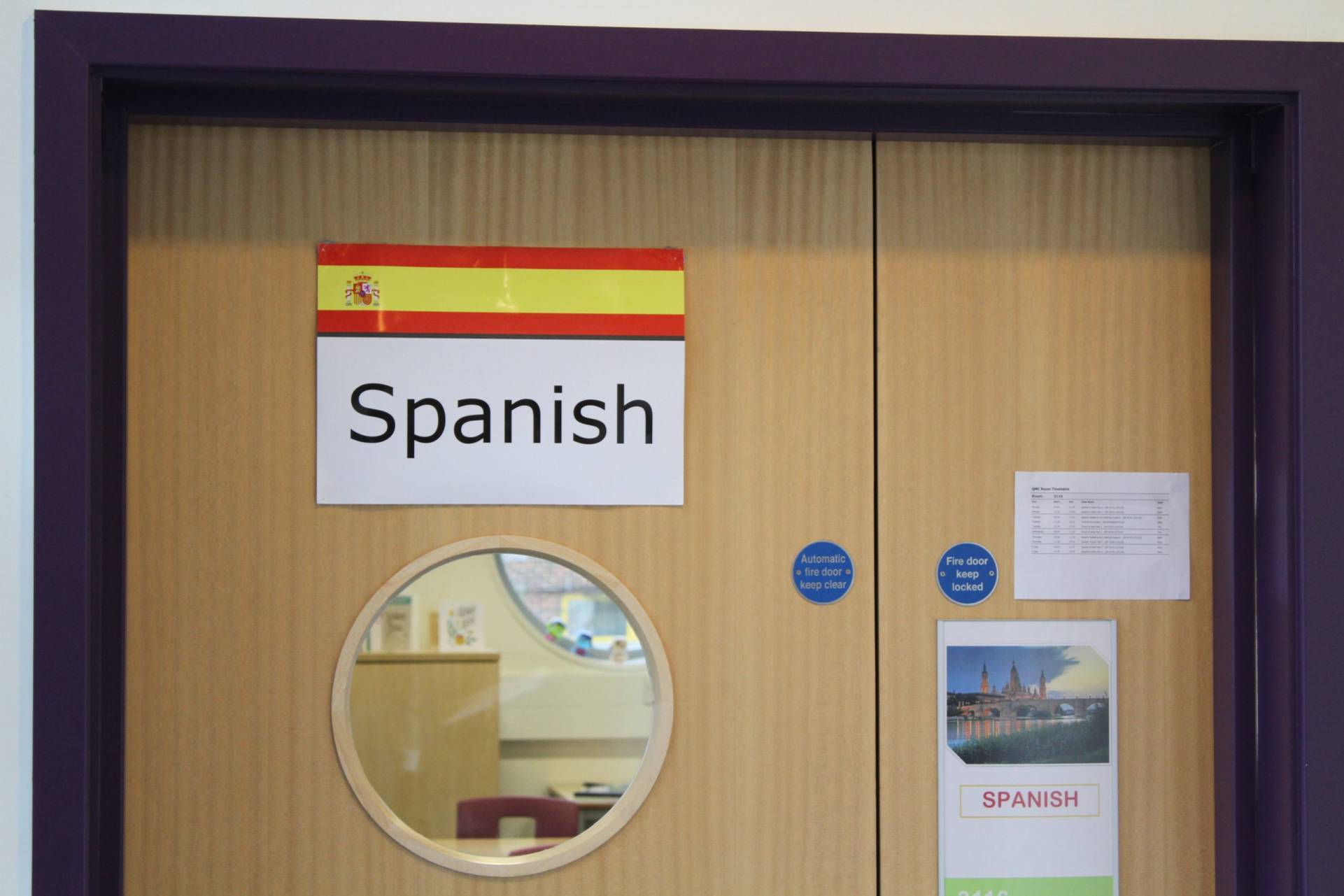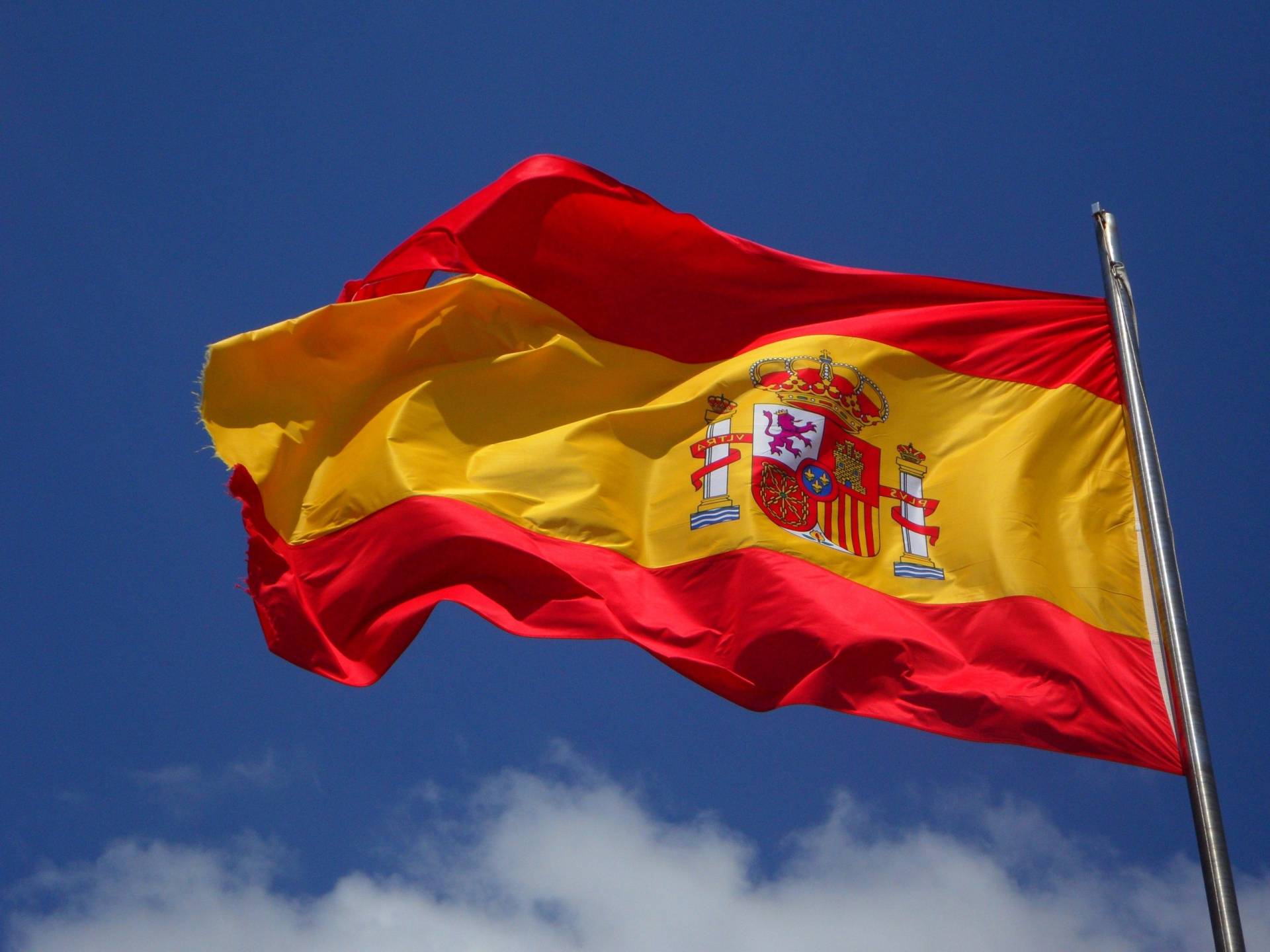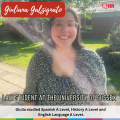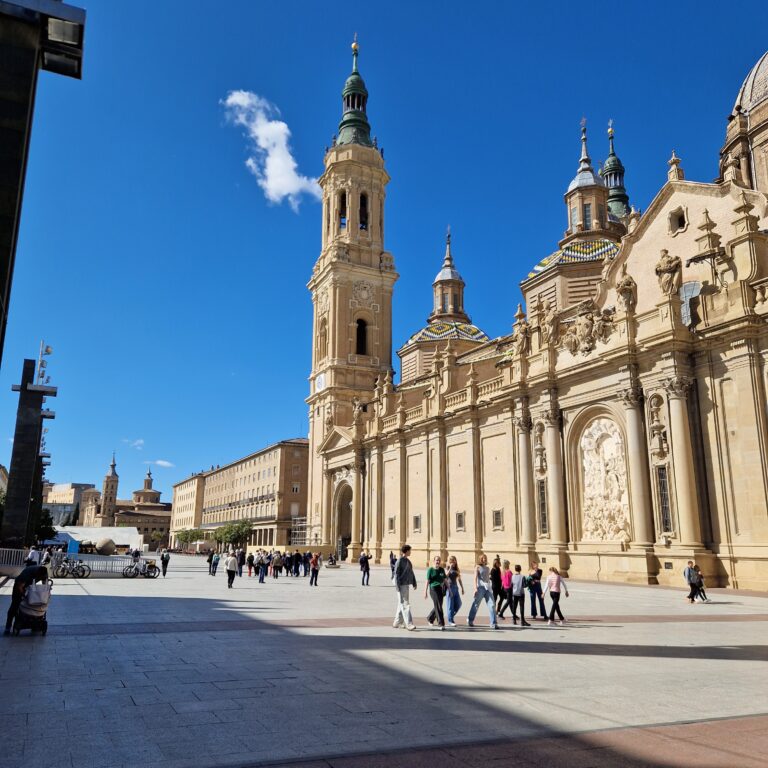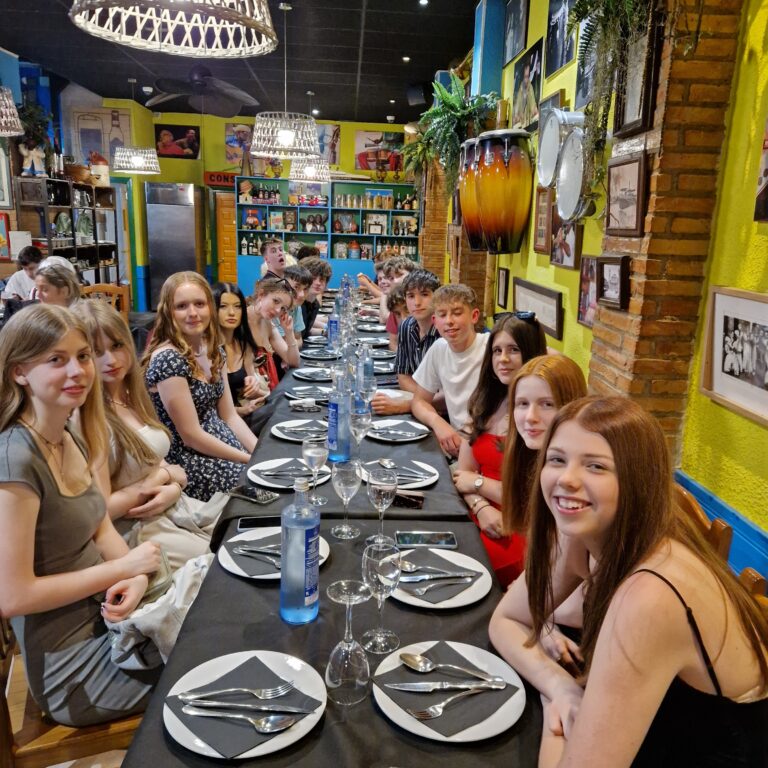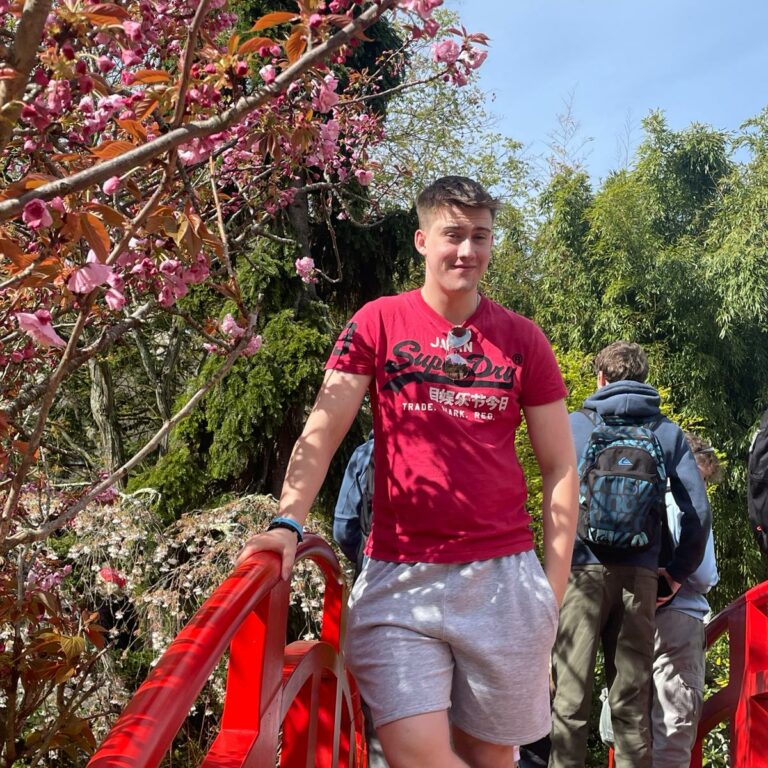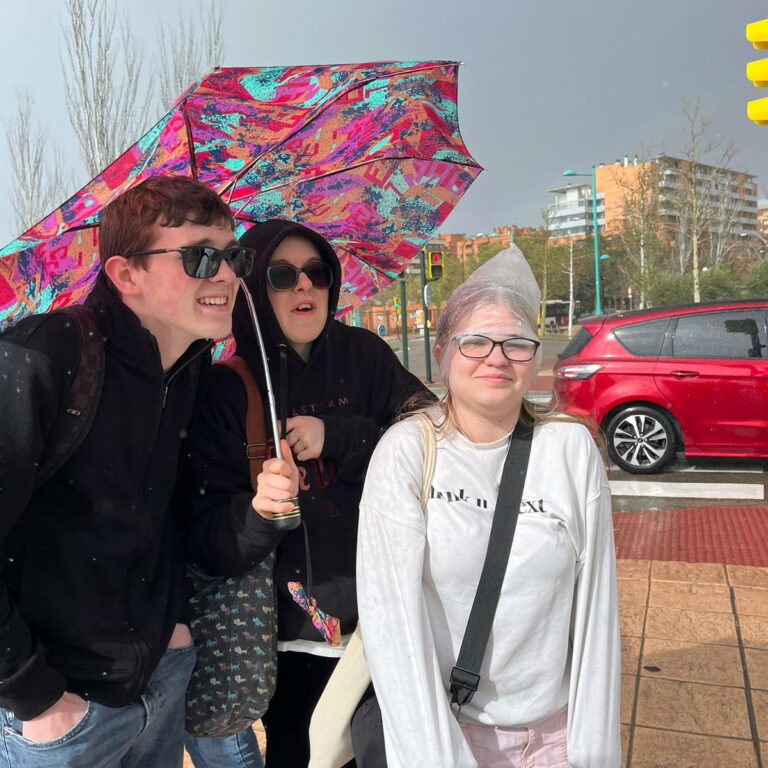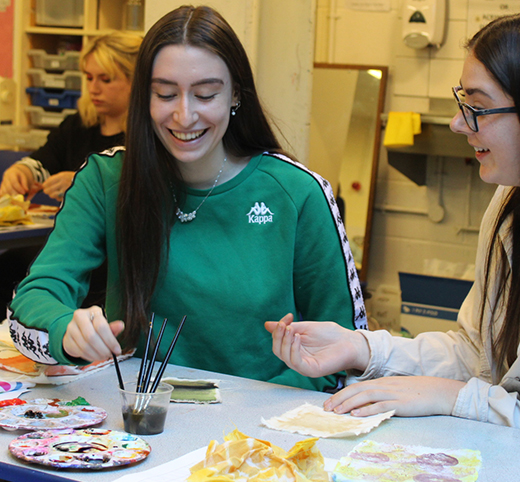Through the Spanish A Level course, you will study literature, film and traditions and will learn the core skills of translation and interpretation. Spanish is one of the most widely spoken languages. It is estimated that Spanish is the mother tongue of more than 400 million people around the world, which is equivalent to approximately six percent of the world’s population. For this reason, if we are based on the number of native speakers, Spanish is officially the second most widely spoken language, ranking ahead of English.
If you are interested in languages and communication, and enjoy learning about other cultures and ways of life, then any one of the Modern Foreign Language (MFL) courses will be an enjoyable part of your studies. Similarly, if you are interested in the business world, in travel or tourism, or in journalism and the media, then you are also likely to find the courses appropriate. There are a number of options in the courses where you can choose a topic to suit your interests.


